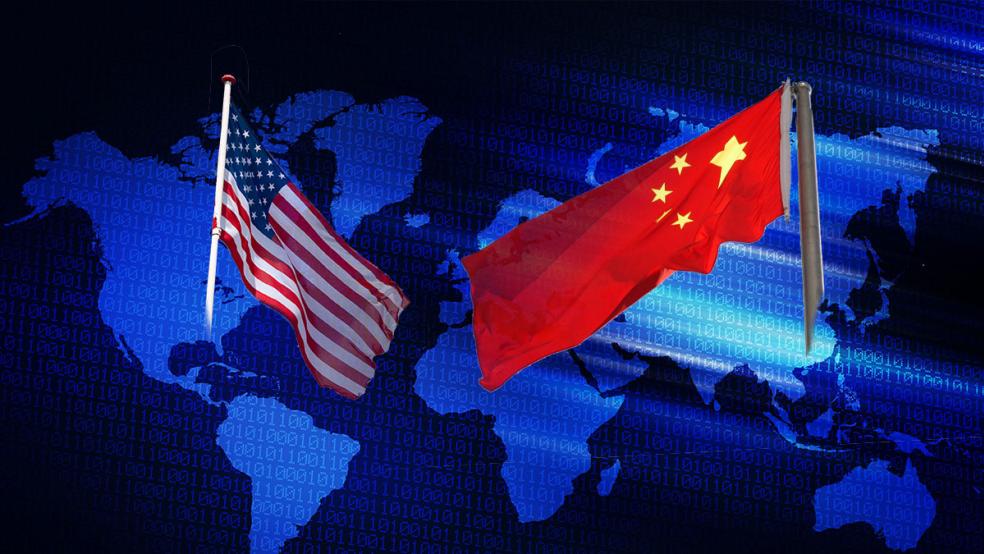At a time when President Donald Trump is signaling an American withdrawal from a leadership role in global affairs, Chinese President XI Jinping is increasingly willing to pick up the slack. The Chinese state media, in recent days, has been stressing what it characterizes as a major shift in Beijing’s posture toward the rest of the world.
Last month, speaking at the World Economic Forum in Davos, Switzerland, Xi mounted a strong defense of global trade at the same time that the Trump administration was promising to withdraw from a major trade deal among Pacific nations that notably excluded China.
Related: Trump Scores a Bipartisan Win With His Pick for National Security Adviser
The Davos speech was one of a number of times when Xi has asserted the desire for China to play a part in shaping the order of world where economic and other ties between nations are less regional and more global. But in recent remarks delivered at a national security seminar in Beijing, he went further, telling attendees that China needs to step in to “guide” the development of a new world order, taking the place of the US.
“The United States may no longer want to be a provider of global security and public goods, instead, pursuing unilateralism and even nationalist foreign policy,” he said, according to a state-run news website.
The Xinhua state news organization quoted Xi saying, “The overall direction of multi-polarization of the world, the globalization of the economy and the democratization of international relations has not changed...No matter how the international situation changes, we must maintain our strategic steadiness, strategic confidence, and strategic patience.”
Further paraphrasing the president’s remarks, Xinhua wrote, “He called for global vision in national security work, coordinating development and security, combining principles with tactics, and taking the strategic initiative in China's own hand.”
Related: In the Age of Trump, Who Can US Allies Believe?
The new posture of the Chinese government, which state media refers to as a “Two Guides” policy stressing international security as well as a restructuring of the world order, appears to be something that Beijing wants to broadcast widely, as it has appeared in various state-controlled forums.
The speech came a week after Xi spoke with President Trump on the telephone. In the conversation, Trump seemed to reverse course on a break with the standard US “one China” policy -- Washington does not formally recognize the government of Taiwan, which China views as a breakaway republic.
Trump had appeared to signal a change in stance by taking a phone call from Taiwan President Tsai Ing-wen in December while he was still president-elect. According to a White House readout of Trump’s call with Xi, “The two leaders discussed numerous topics and President Trump agreed, at the request of President Xi, to honor our ‘one China’ policy.”
Related: The Army Is Developing Its Most Lethal Gun Yet
At the same time that Xi is calling for a greater Chinese role in global security matters, Beijing is ramping up its militarization of the South China Sea with the construction of what appear to be long-range missile launch facilities on artificial islands it has created.
The move will undoubtedly be seen as yet another test by global adversaries of the new president. The US this week sent an aircraft carrier strike group to begin patrols in the South China Sea.





